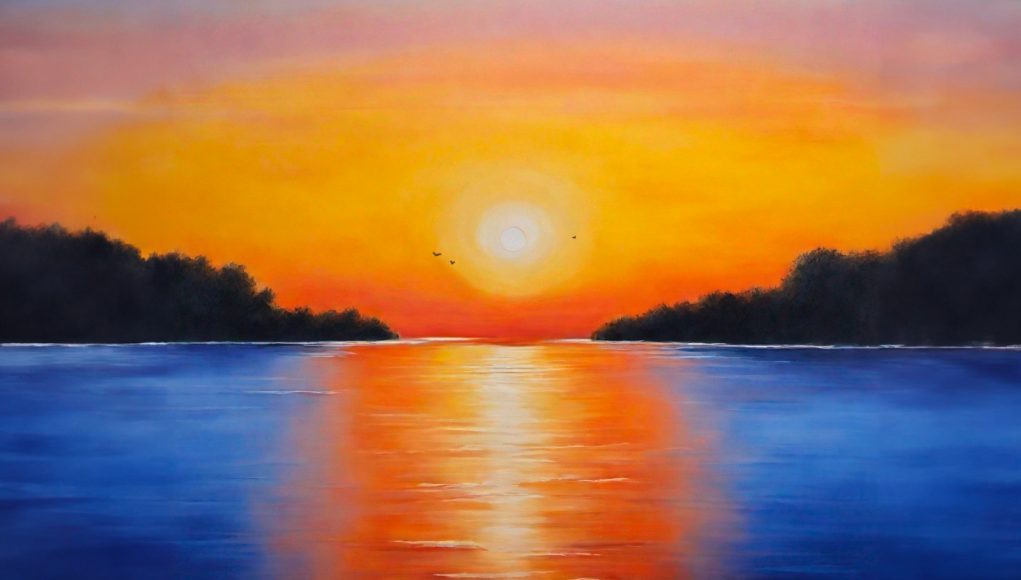I have to say that this brief story, just 205 words long, might be on of the most concise emotional stories I’ve ever read. In so few words, the author has managed to touch on the disruptive potential of virtual reality, the fear of losing loved ones, and the emotions surrounding one’s own death. More impressively, perhaps, this story isn’t out of a short-story contest or anything like that. It was simply a comment written on the popular site Reddit by user cultured_bannana_slug:
Jessen lays on his death bed, his family surrounding him. His great great grandson lifts up the control and hands it over.
“It’s your wedding day,” he says with a smile.
Jessen touches the button and, once again, it’s that glorious day 65 years ago. He looks down at his hands and they are young again. He hears a voice. Younger, softer, but unmistakable. A voice he hadn’t heard in 14 years. A voice he’d only heard in his dreams since she died. He turns. She’s just as beautiful as he remembered. Restored to youth, health, and happiness. Her face untouched by the pain of illness.
“I know it’s bad luck but you were always useless with a tie,” she says, smiling. He can smell her perfume. He can hear her dress rustling against the hardwood floor. From outside drift the voices of family and friends and people long dead. People still alive here in this perfect memory. Her fingers deftly maneuver red silk. Over. Under. Around. Through. He can almost see himself in her eyes. So many years left to live… so much…
And in a distant hospital in a future she’ll never know, an old man dies as a young man promises to love, honor, and cherish.
How will our world change when virtual reality is so real that it is just as real to our brains as real life? Will we choose to live in a perfect virtual world instead of an imperfect real world? Is a perfect life afforded through virtual reality worth living? Will an escape into a perfect virtual world be seen as a cowardly escape from reality? These are just a few among many challenging questions that undeniably need to be confronted as we step further down the road toward fully immersive and life-like virtual reality.







